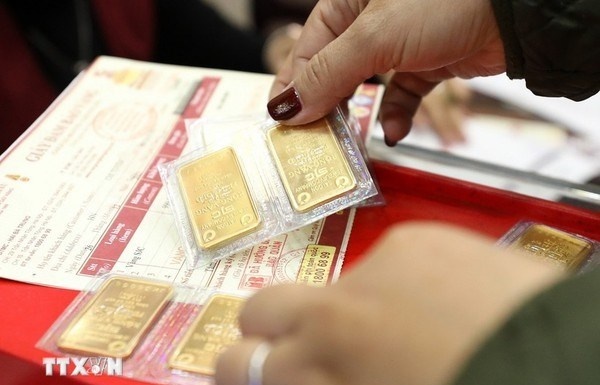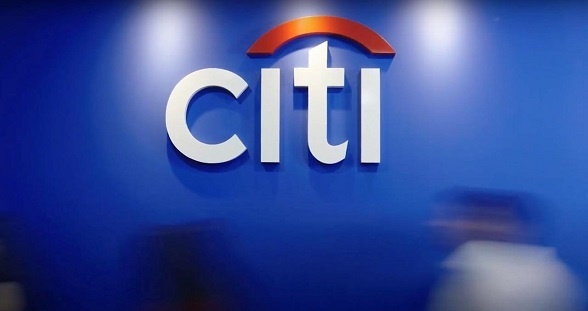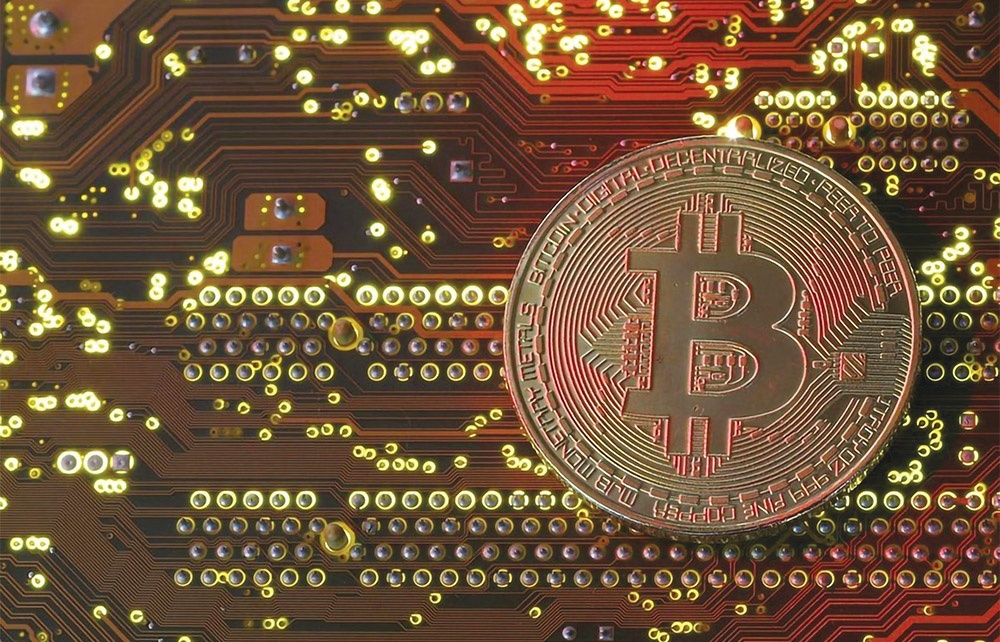Euro hits 11-year low on Greece fears, equities muted

50-euro notes displayed on an European Union flag. (Photo: AFP/Philippe Huguen)
HONG KONG: The euro sank to an 11-year low on Monday (Jan 26) but Asian equities largely recovered from early losses after an anti-austerity party won Greece's election, throwing its international bailout into doubt and raising fears it could leave the eurozone.
Oil prices resumed their downward trend after rallying on Friday in response to the death of Saudi Arabia's King Abdullah, which fuelled uncertainty in the crude market.
The far-left Syriza party was two seats short of winning an outright majority in Sunday's polls, giving it more bargaining power to take a hard line on rowing back austerity measures.
The group had campaigned on renegotiating the €240b European Union-International Monetary Fund bailout that imposed strict spending and taxation rules on Athens. The possibility of Greece defaulting on its debt repayments is likely to spark renewed fears it could be forced to leave the eurozone.
As the result became clear, party leader Alexis Tsipras told thousands of flag-waving supporters in Athens: "Greece is leaving behind disastrous austerity." British Prime Minister David Cameron was among the first world leaders to react, tweeting that it "will increase economic uncertainty across Europe".
The news hit the single currency in early Asian trade. The euro dived at one point to US$1.1088, its lowest level since September 2003, before recovering slightly to US$1.1200. That compares with US$1.208 Friday in New York. It was at 132.10 yen compared with 132.03 yen on Friday. The dollar was at 118.06 yen compared with 117.80 yen in New York.
"Euro selling pressure will continue as Greeks rejected fiscal austerity, heightening the possibility of Greece leaving the currency bloc," Toshiya Yamauchi, a senior analyst in Tokyo at Ueda Harlow Ltd, told Bloomberg News. "Markets are sensitive to risk."
However Elsa Lignos, a senior currency strategist at RBC Capital Markets, said in a note that the chances of Greece leaving the eurozone were limited. The single currency was already suffering heavy selling after the European Central Bank on Thursday unveiled a bigger-than-expected bond-buying programme aimed at kickstarting the eurozone economy and fighting off deflation.
OIL PRICES RETREAT
Asian stock markets, which surged on Friday in response to the ECB move, mostly sank early Monday. But they bounced back in the afternoon, with some ending in positive territory. Tokyo fell 0.25 percent or 43.23 points to 17,468.52, while Seoul ended marginally lower, dipping 0.41 points to close at 1,935.68.
Shanghai rallied 0.94 percent or 31.42 points to 3,383.18 and Hong Kong added 0.24 percent or 59.45 points to 24,909.90. Sydney was closed for a public holiday.
On oil markets US benchmark West Texas Intermediate for March delivery was down 76 cents at US$44.83 a barrel, and Brent crude for March fell 72 cents to US$48.07.
Prices initially jumped on Friday on news that Saudi Arabia's powerful King Abdullah had died, fuelling uncertainty in the crude market. However, the Saudi royal family soon moved to show continuity in the country's power structure and policies, dampening hopes of a production cut.
Prices have plunged more than 50 percent since June owing to weak demand and a global supply glut. The fall was exacerbated when OPEC, of which Saudi Arabia is a key member, said it would not cut output.
Gold fetched US$1,292.32 an ounce, against US$1,294.55 late Friday.
What the stars mean:
★ Poor ★ ★ Promising ★★★ Good ★★★★ Very good ★★★★★ Exceptional
Latest News
More News
- Green finance discord to be addressed (April 16, 2024 | 09:48)
- More vibrant corporate bond market anticipated (April 16, 2024 | 09:40)
- MB secures prestigious software and IT service awards (April 16, 2024 | 09:39)
- Opportunities to unlock in Vietnam’s green finance arena (April 16, 2024 | 09:38)
- Interest rates likely to remain fairly levelled (April 16, 2024 | 09:25)
- UOB Vietnam partners with Betrimex on sustainability (April 15, 2024 | 15:41)
- Listing ambitions of Vietnamese banks backed by leaders (April 15, 2024 | 15:23)
- Cryptocurrency is not banned in Vietnam: Ministry (April 15, 2024 | 09:40)
- SBV to increase gold bar supply to stabilise domestic market (April 15, 2024 | 08:00)
- Behind the numbers: Techcombank’s vision for growth (April 13, 2024 | 11:00)

















 Mobile Version
Mobile Version